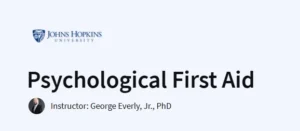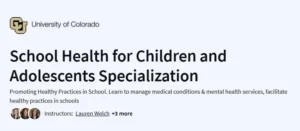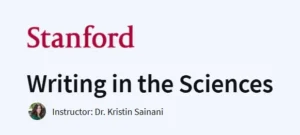Introduction to Breast Cancer
An enlightening course that demystifies breast cancer, making complex medical information accessible to all.
What will you in the Introduction to Breast Cancer Course
Understand the basic biology of breast cancer, including its types and molecular subtypes
Identify risk factors and preventive measures associated with breast cancer
Explore diagnostic methods and treatment options, including surgery, radiation, and systemic therapies
Gain insights into survivorship and the psychosocial aspects of breast cancer care
Engage with expert interviews and real-world case studies to contextualize learning
Program Overview
Module 1: Welcome to the Course!
Duration: ~23 minutes
Introduction to course objectives and structure
Overview of resources and community engagement opportunities
Module 2: Risks and Prevention
Duration: ~1 hour
Epidemiology of breast cancer
Genetic mutations beyond BRCA
Preventive strategies and lifestyle modifications
Module 3: Under the Microscope
Duration: ~1 hour
Fundamentals of cancer biology
Differentiation between in situ and invasive cancers
Understanding grades, stages, and molecular subtypes
Module 4: The Doctor’s Office
Duration: ~1 hour
Diagnostic procedures and imaging techniques
Pathology reports and their interpretations
Patient-doctor communication and shared decision-making
Module 5: The Operating Room
Duration: ~1 hour
Surgical options and considerations
Reconstruction and cosmetic outcomes
Post-operative care and recovery
Module 6: Beyond the Knife
Duration: ~2 hours
Radiation therapy: indications and side effects
Chemotherapy, hormonal therapy, and targeted treatments
Managing treatment-related toxicities
Module 7: Survivorship
Duration: ~1 hour
Life after treatment: monitoring and follow-up
Psychosocial support and quality of life
Long-term health considerations
Get certificate
Job Outlook
Healthcare Professionals: Enhance understanding of breast cancer for improved patient care
Medical Students and Trainees: Gain foundational knowledge in oncology
Public Health Workers: Inform community-based prevention and education programs
Researchers: Contextualize laboratory findings within clinical frameworks
Patients and Caregivers: Empower informed decision-making and advocacy
- Expert instruction from Yale University faculty
- Engaging multimedia content and real-world case studies
- Flexible, self-paced learning environment
- Community discussions and interactive assignments
- Limited depth in advanced molecular oncology topics
- Not tailored for specialized clinical training
Specification: Introduction to Breast Cancer
|





